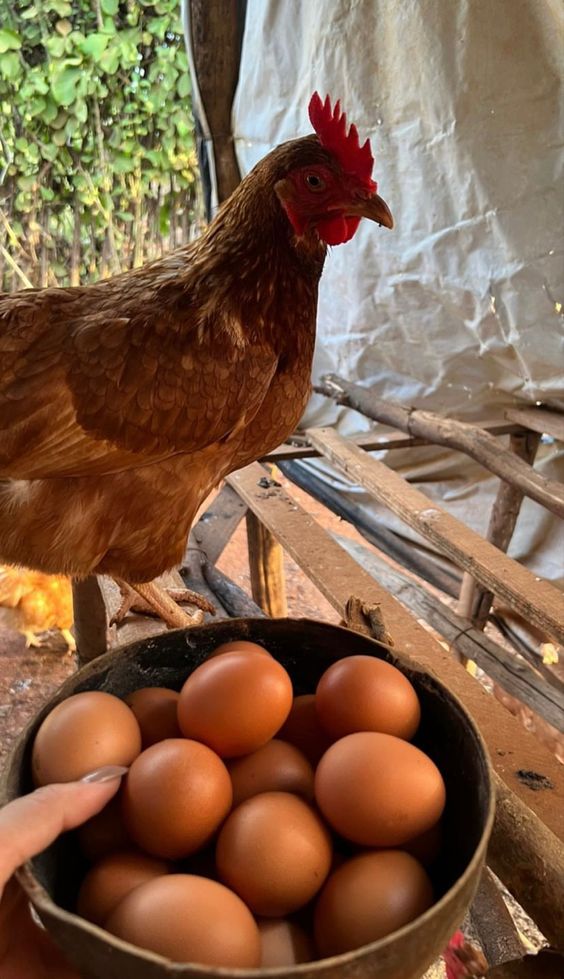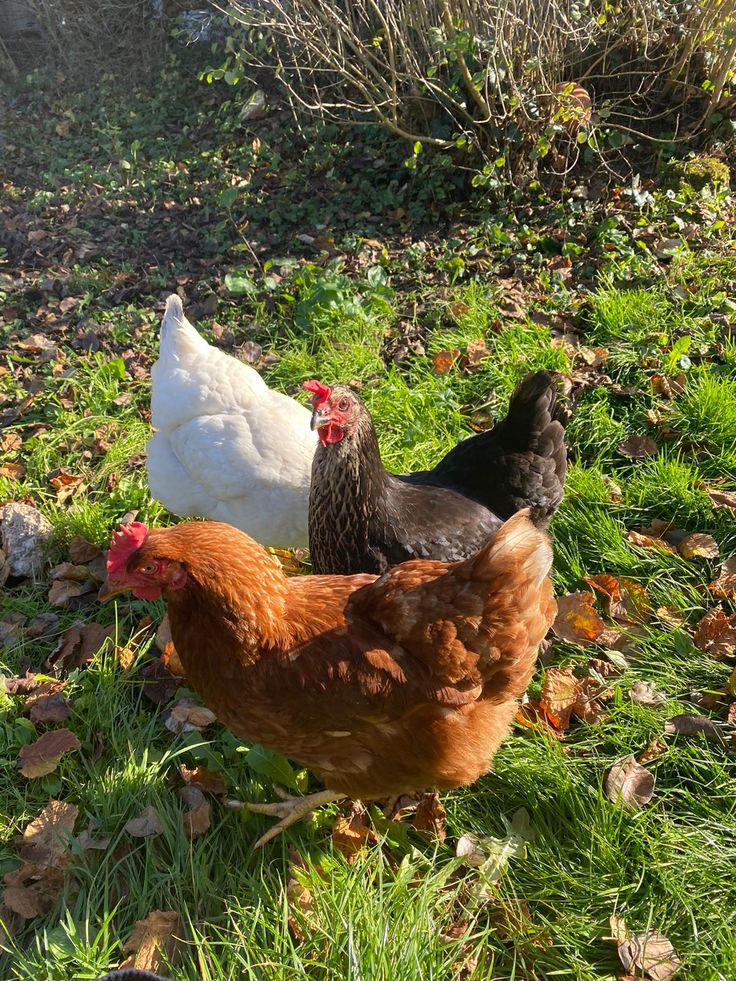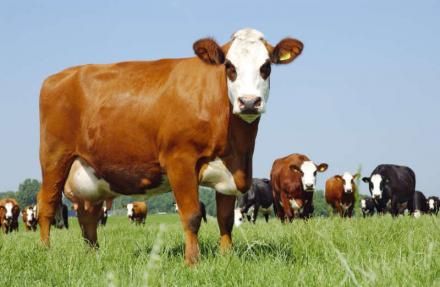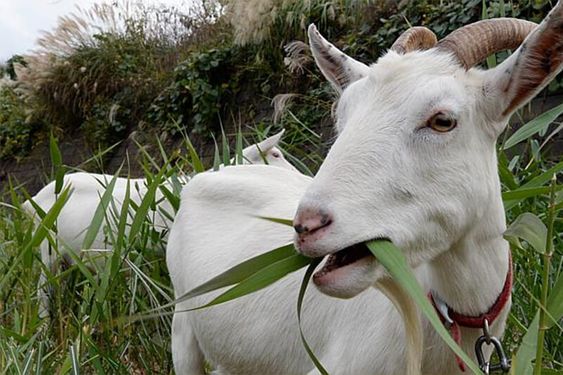Sustainable Farming: Cultivating a Future for Our Food
Sustainable farming is an approach to agriculture that prioritizes meeting the present food and fiber needs of society without compromising the ability of future generations to meet their own. It’s a holistic practice that takes into account environmental, social, and economic factors to create a resilient and thriving agricultural system.
Why is Sustainable Farming Important?
Our current agricultural practices face significant challenges. Conventional farming, which relies heavily on chemical fertilizers, pesticides, and monoculture cropping (planting a single crop year after year), can lead to:
- Soil degradation: Excessive chemical use and tilling practices deplete soil organic matter, leading to erosion and reduced fertility.
- Water pollution: Chemical runoff from farms contaminates water sources, harming aquatic ecosystems and human health.
- Loss of biodiversity: Monoculture farming and pesticide use disrupt natural habitats and reduce the variety of plant and animal life.
- Climate change: Agriculture contributes to greenhouse gas emissions through deforestation, soil degradation, and the use of fossil fuels.
Sustainable farming offers a path forward by:
- Protecting the environment: By adopting practices that nurture soil health, conserve water, and promote biodiversity, sustainable farming helps ensure the long-term viability of our agricultural lands.
- Promoting social equity: Sustainable farming encourages fair treatment for farmers and workers, advocating for safe working conditions and living wages.
- Enhancing food quality: Utilizing natural methods and reducing reliance on chemicals can lead to healthier, more nutritious food.
- Building resilience: Sustainable farms are better equipped to withstand climate shocks and resource scarcity.
Principles of Sustainable Farming
Sustainable farming encompasses a diverse set of practices, all aimed at creating a balanced and healthy agricultural ecosystem. Here are some key principles:
-
Soil Health
- Crop rotation: Planting different crops in sequence helps maintain soil fertility, prevent pest and disease buildup, and improve nutrient availability.
- Cover crops: Planting cover crops between cash crops protects soil from erosion, adds organic matter, and suppresses weeds.
- Composting and Manure Management: Utilizing organic materials like compost and manure adds nutrients and improves soil structure.
- Reduced Tillage: Minimizing or eliminating tillage practices helps retain soil moisture, reduce erosion, and promote beneficial soil organisms.
-
Water Conservation
- Precision irrigation: Using drip irrigation or other water-efficient methods delivers water directly to plant roots, minimizing waste.
- Rainwater harvesting: Capturing rainwater for irrigation reduces reliance on groundwater and surface water sources.
- Drought-tolerant crops: Selecting crops adapted to local climate conditions reduces overall water needs.
-
Biodiversity
- Integrated Pest Management (IPM): Using natural methods like beneficial insects and crop rotation to control pests reduces reliance on chemical pesticides.
- Habitat creation: Planting hedgerows, establishing wildlife corridors, and promoting pollinator habitats encourages biodiversity and creates a more balanced ecosystem.
-
Social Responsibility
- Fair trade practices: Supporting fair trade certifications ensures farmers receive fair compensation for their products.
- Safe working conditions: Providing workers with proper training, protective equipment, and safe working environments is crucial.
- Supporting local food systems: Shortening the distance food travels from farm to table reduces transportation emissions and strengthens local communities.
Benefits of Sustainable Farming
The shift towards sustainable farming practices offers a multitude of benefits:
- Environmental: Improved soil health, reduced water pollution, enhanced biodiversity, and mitigation of climate change impacts.
- Economic: Increased farm profitability through reduced reliance on expensive inputs, improved soil fertility leading to higher yields, and access to premium markets for sustainably produced food.
- Social: Fair treatment for farmers and workers, improved food security for communities, and a more resilient agricultural system for future generations.
Challenges and Opportunities
Transitioning to sustainable farming practices requires overcoming certain challenges:
- Initial investment: Implementing sustainable practices may require upfront costs for infrastructure changes or organic certification.
- Market access: Building consumer awareness and creating fair market opportunities for sustainably produced food is essential.
- Education and training: Farmers need access to educational resources and training programs to adopt new sustainable practices.
Despite the challenges, numerous opportunities exist to promote sustainable farming:
- Government policies: Implementing policies that incentivize sustainable practices and provide financial support can encourage wider adoption.
- Consumer awareness: Educating consumers about the benefits of sustainable agriculture and encouraging them to support sustainable farms creates market demand.
- Technological advancements: Innovations in precision agriculture, renewable energy use, and biological pest control can further enhance sustainability.
The Future of Sustainable Farming
Sustainable farming is not just a way to grow food; it’s a way to cultivate a healthier future for ourselves and the planet. By embracing this approach, we can ensure a secure and sustainable food supply for generations to come.






